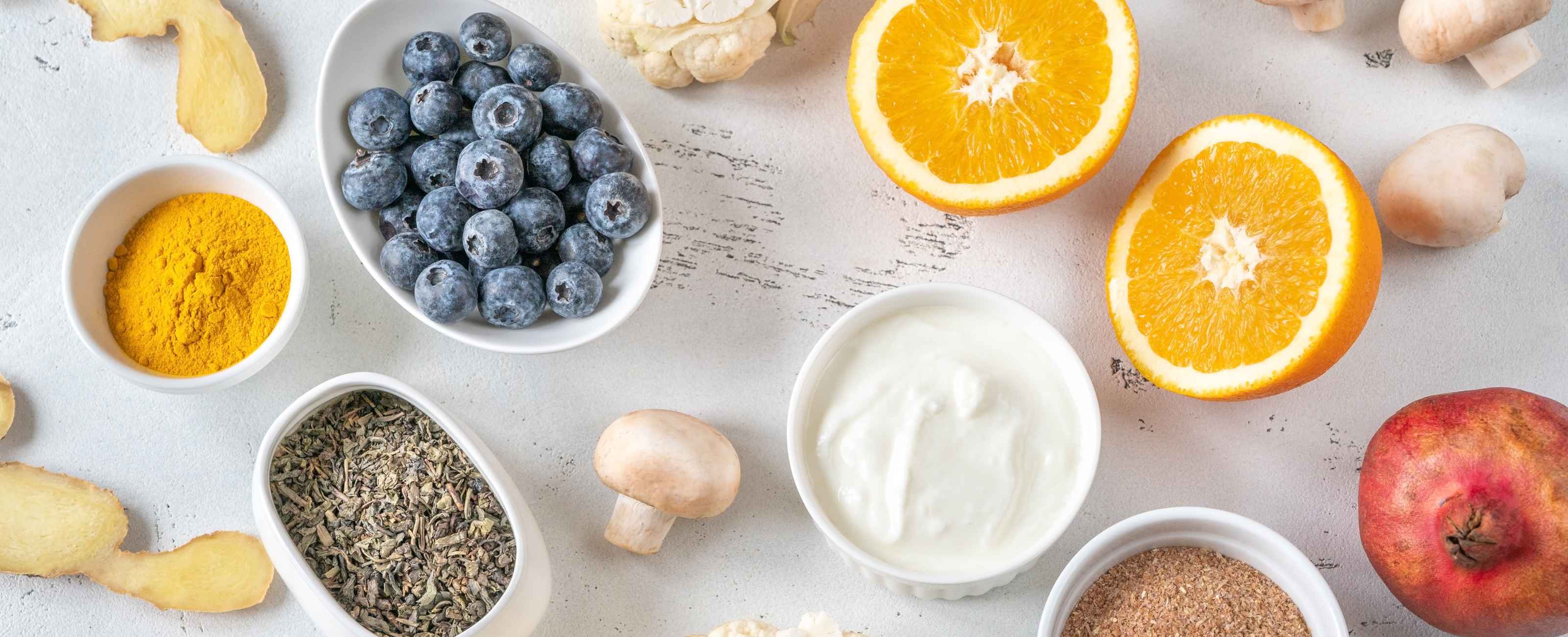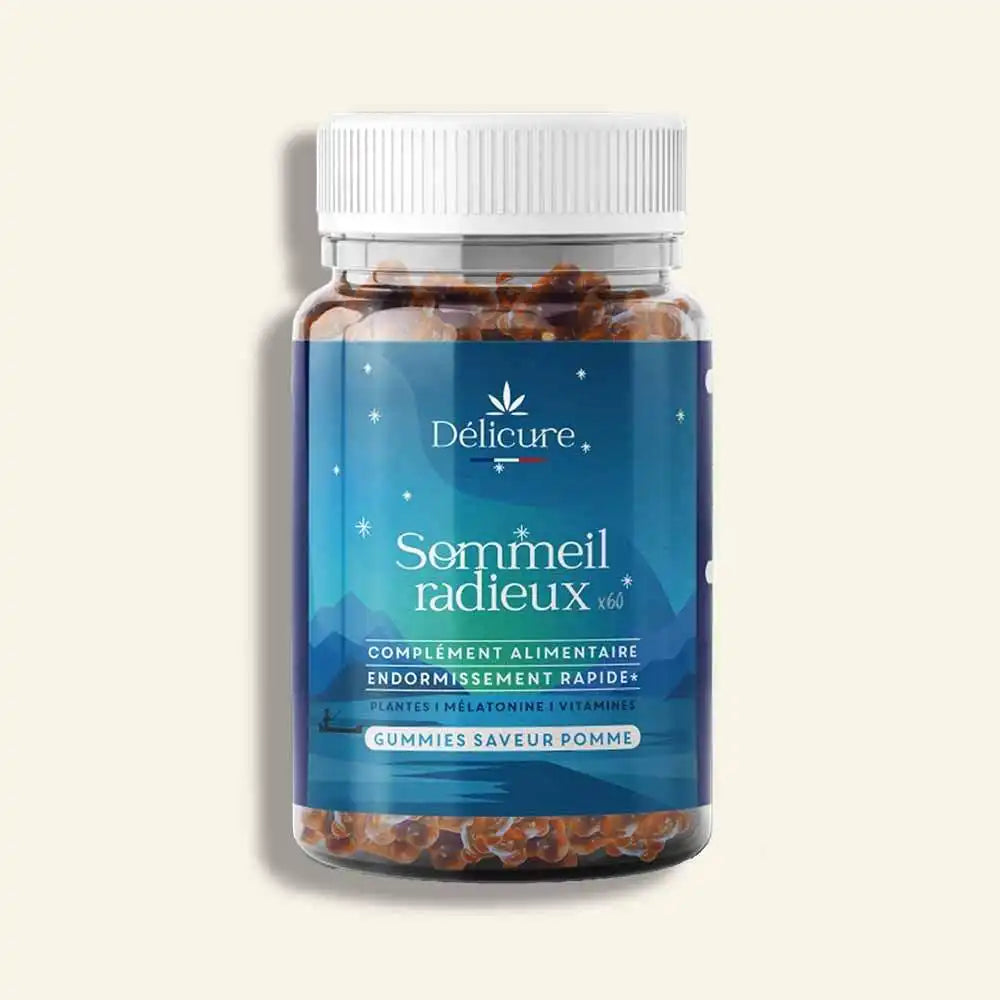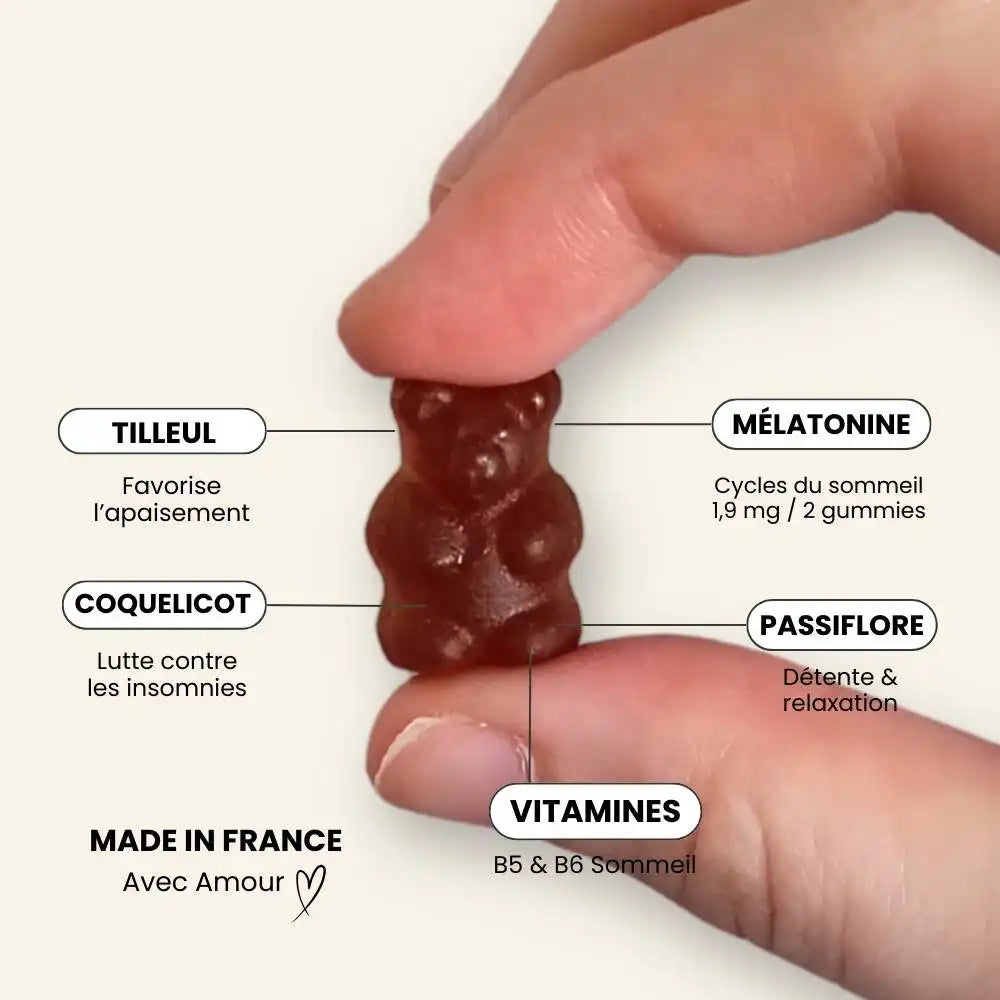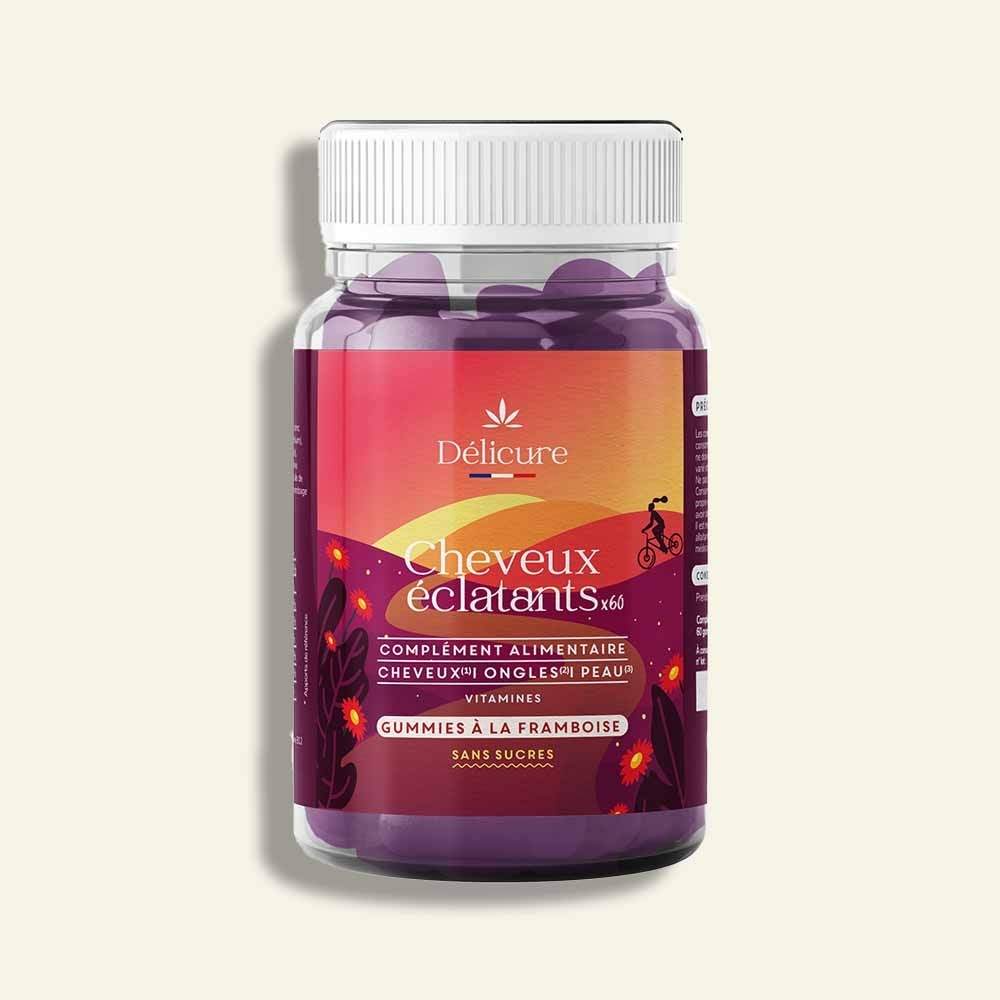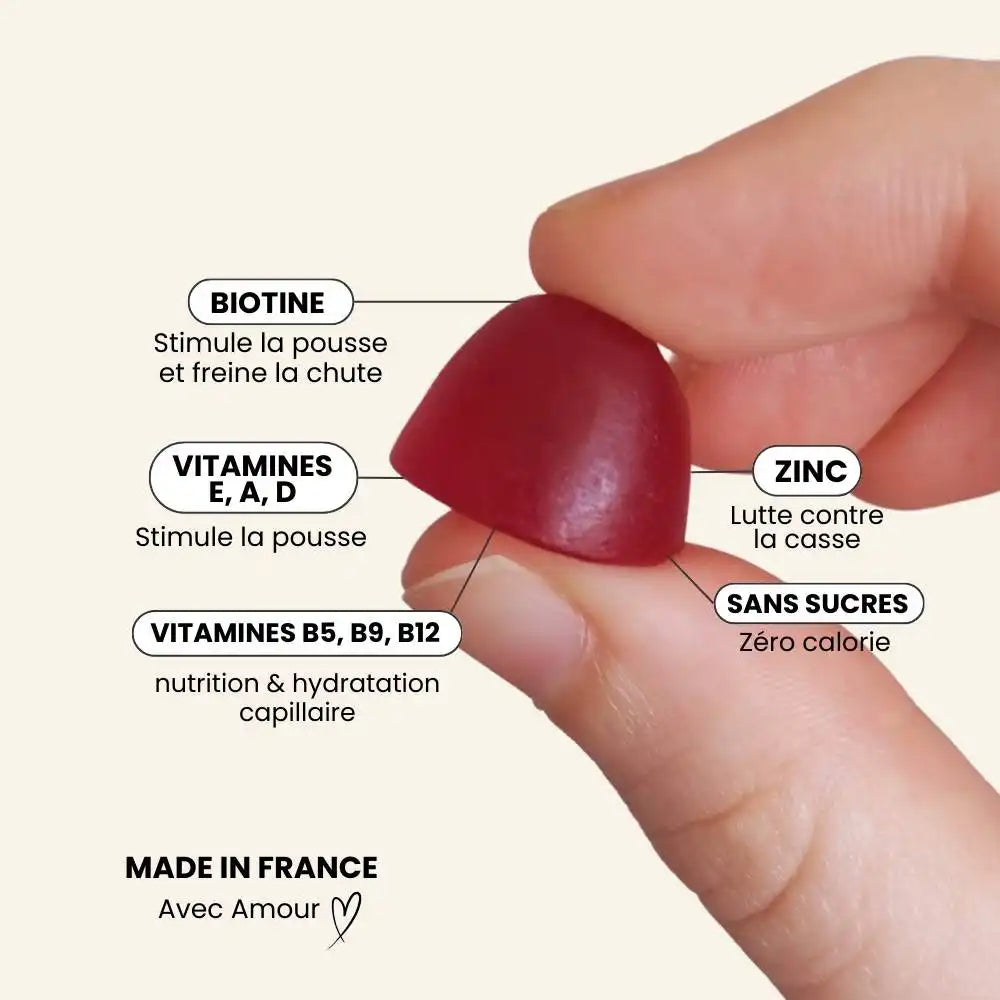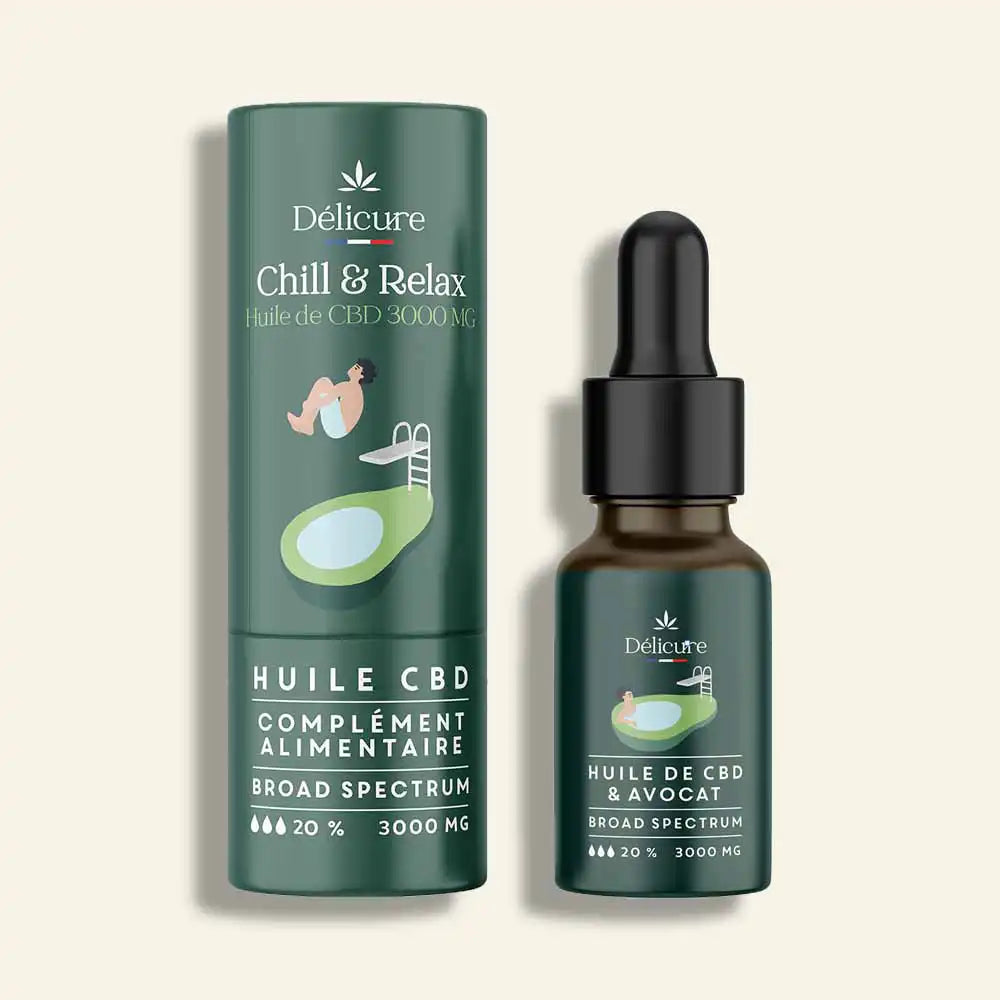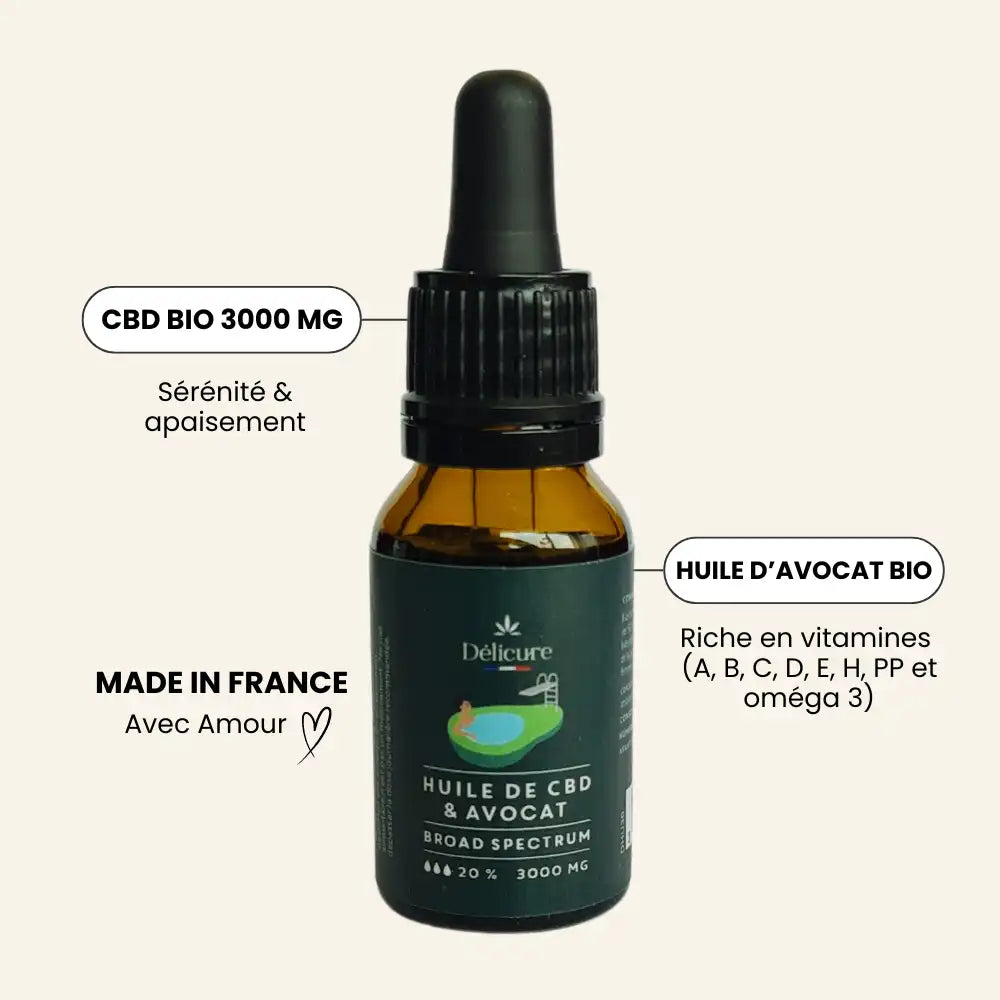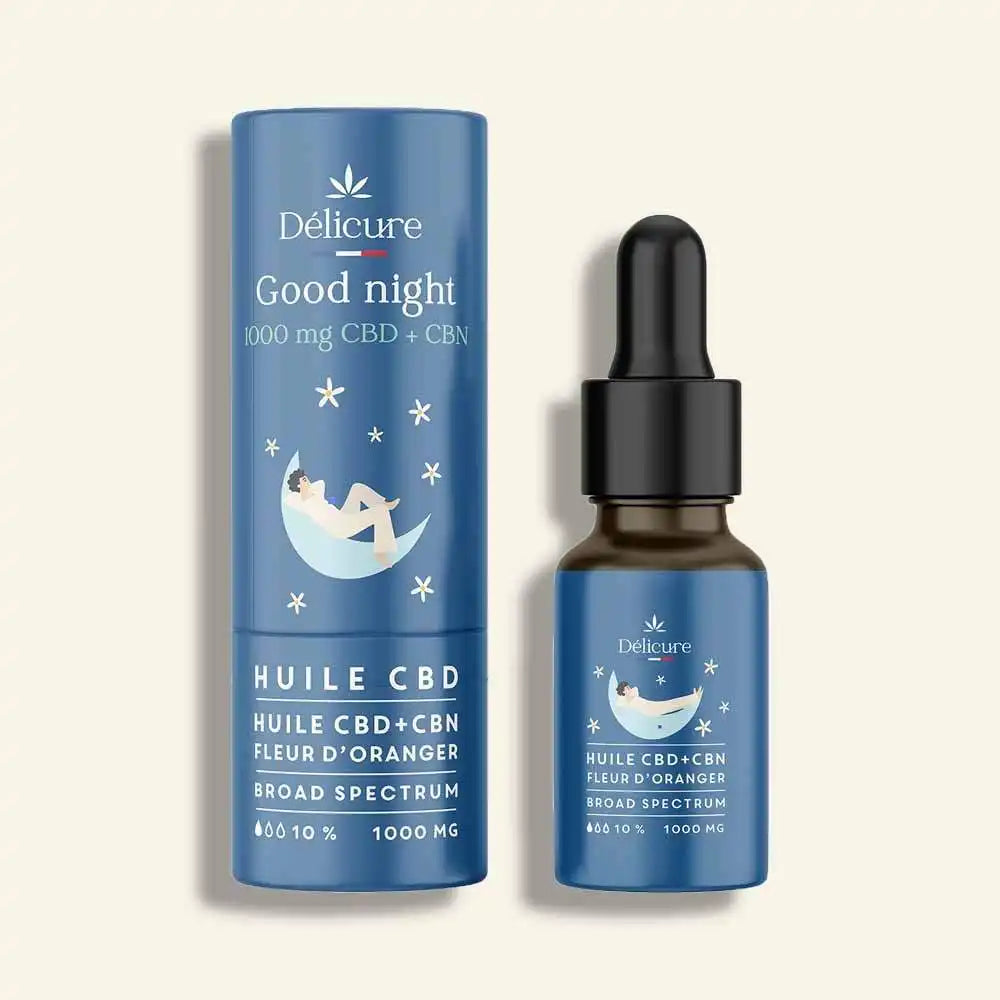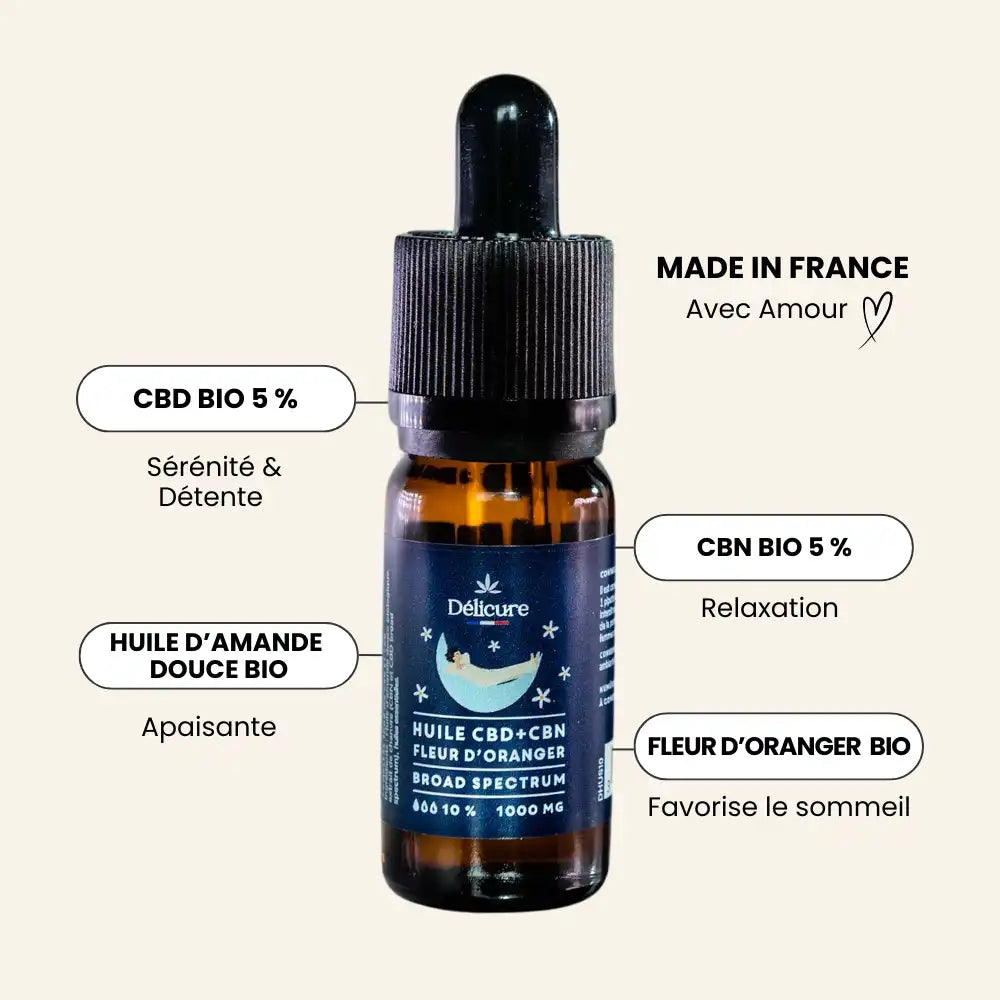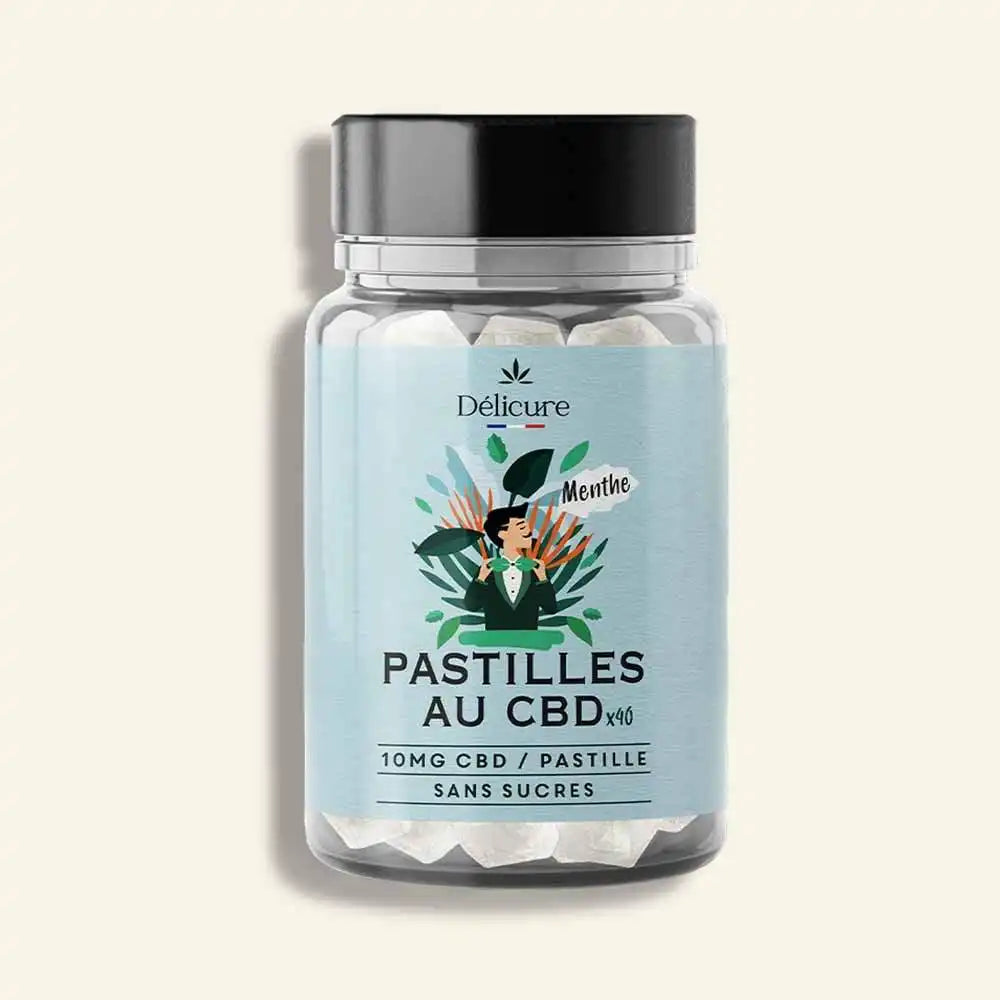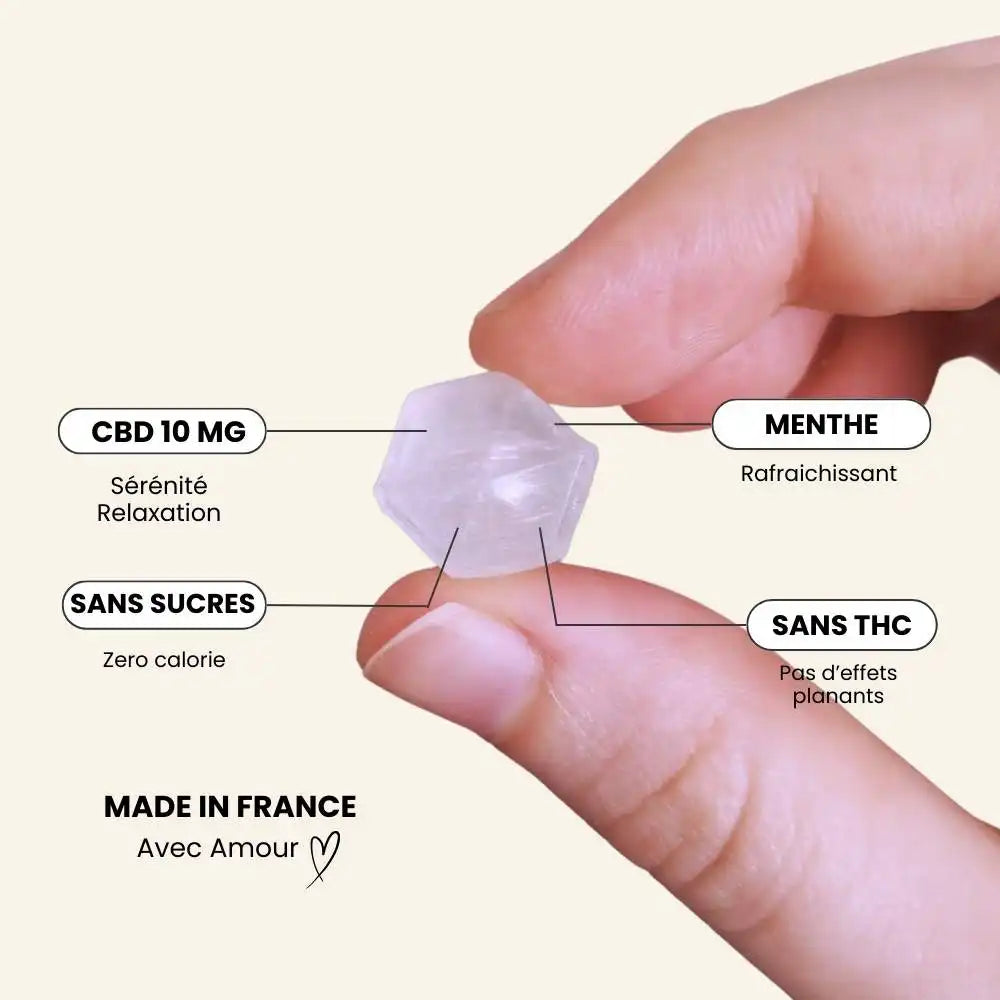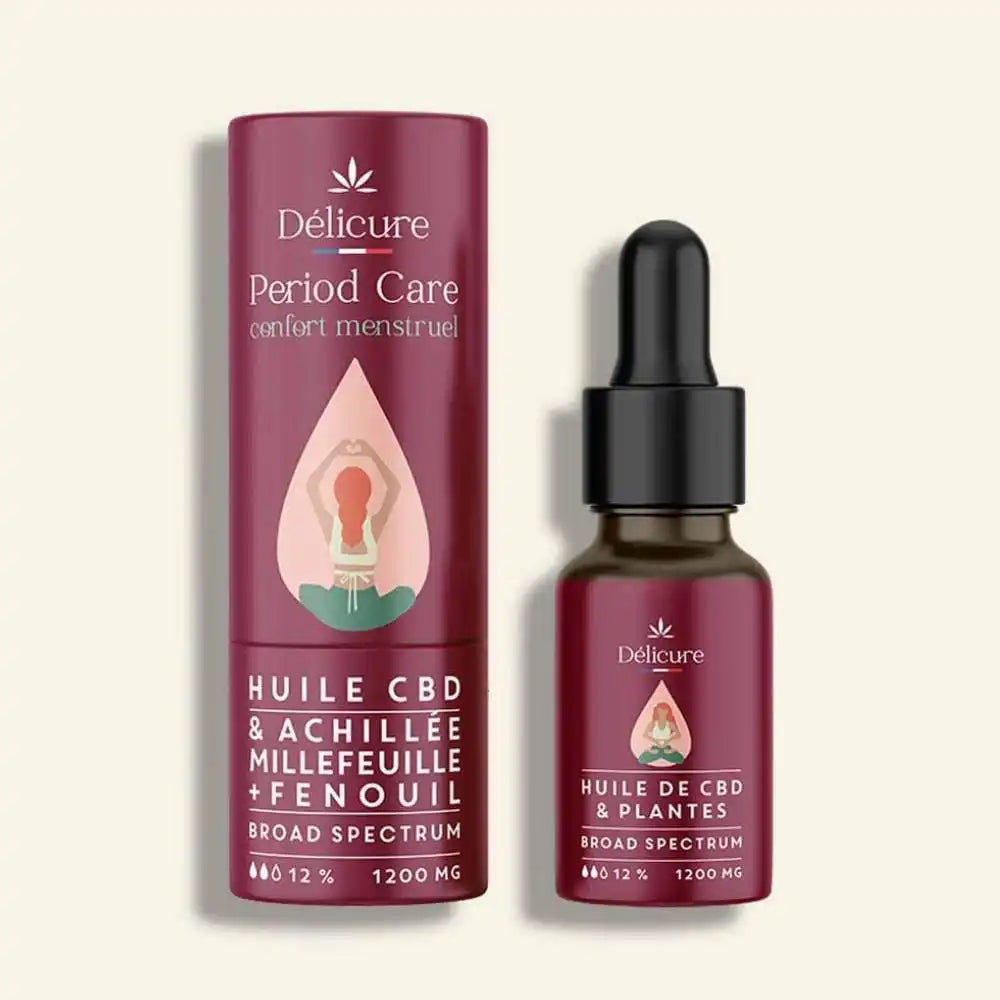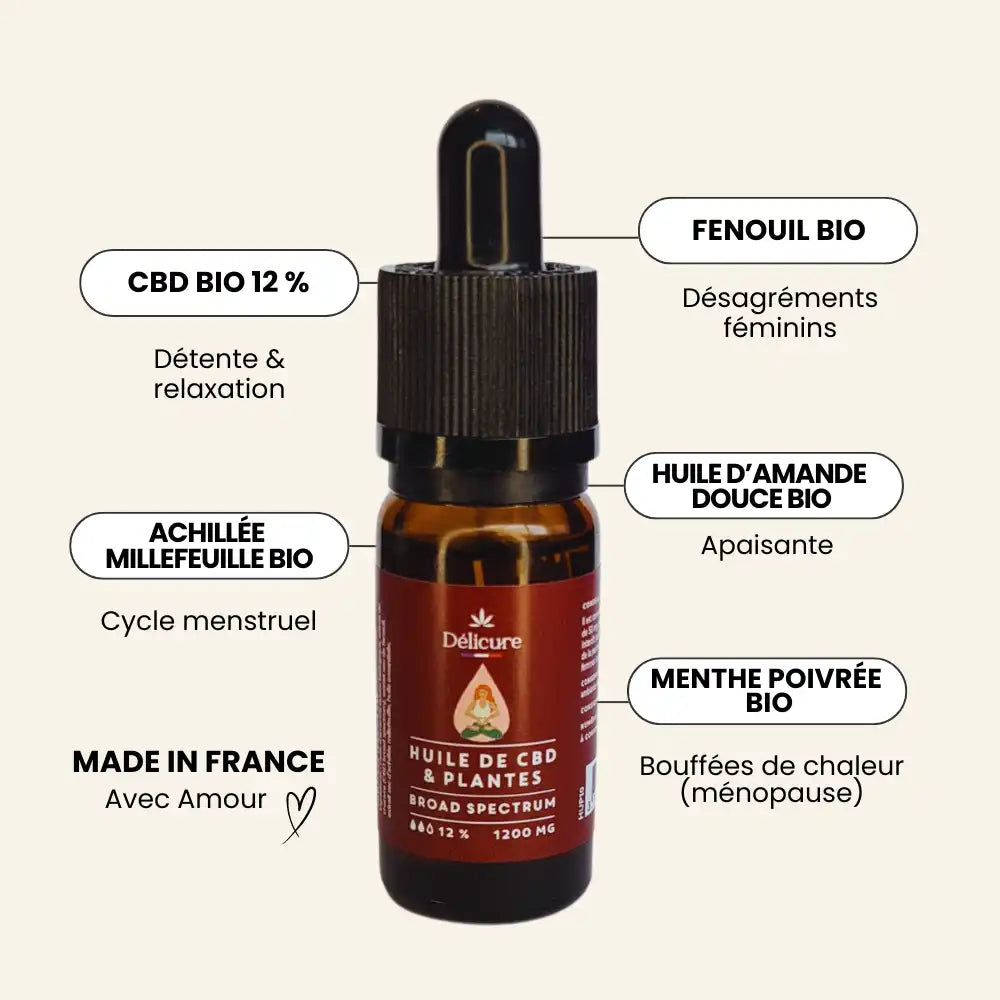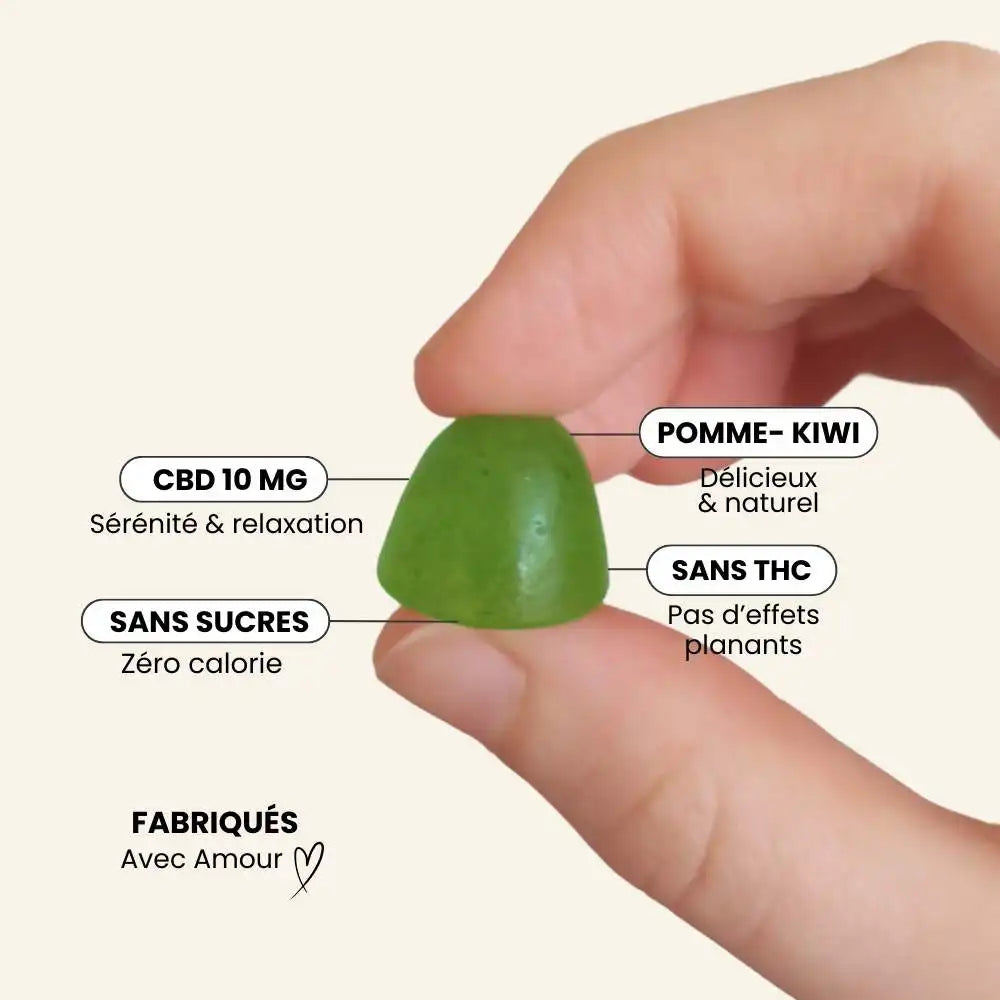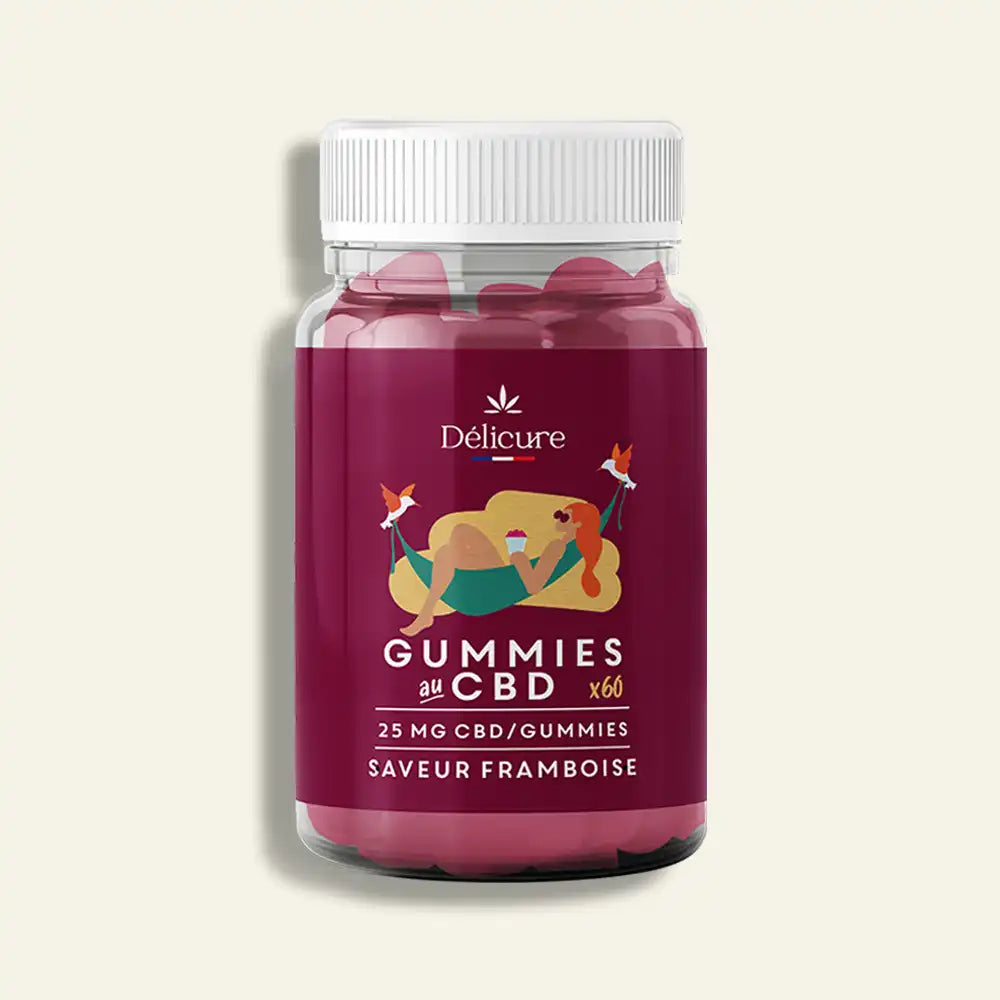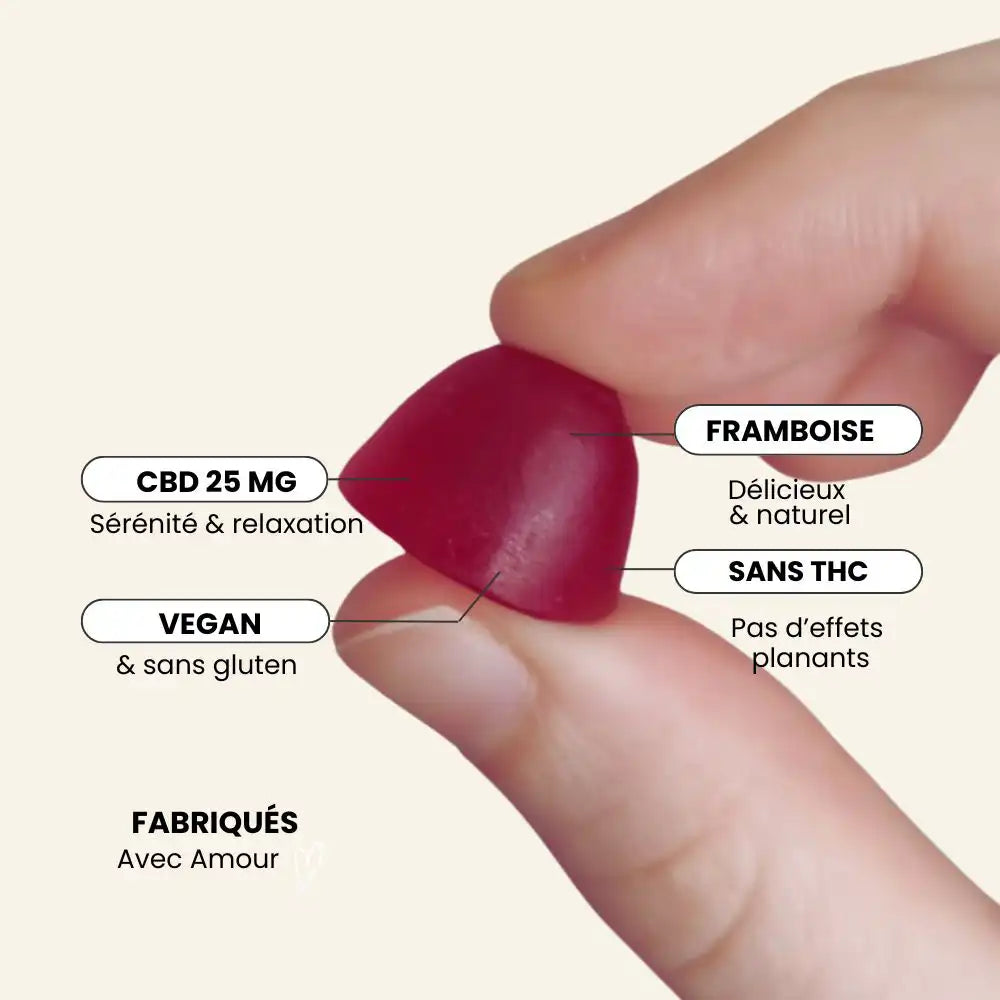
Plantes adaptogènes et stress ?
Le stress est de nos jours un des principaux facteurs de mauvaise santé chronique qui impacte toutes les couches de la société ainsi que toutes les catégories de population. Mais, saviez-vous que certaines plantes ont dans leurs propriétés des pouvoirs contre le stress et l’anxiété naturels, qui agissent comme de véritables remèdes ?
Les plantes adaptogènes
Certaines plantes adaptogènes sont connues depuis fort longtemps comme étant particulièrement efficaces sur le niveau de stress, grâce à leurs propriétés. Parmi elles, on compte principalement la rhodiola, le basilic sacré, le safran, ou encore le guarana.
Depuis quelques temps, d’autres critères scientifiques médicaux ont été ajoutés afin qu’une plante soit bien qualifiée d’adaptogène. Celle-ci doit désormais augmenter la résistance globale de l’organisme de manière spécifique, mais aussi posséder une action normalisatrice au niveau physiologique pour faciliter une réponse adaptée face au stress, et enfin ne pas être toxique.
Les plantes adaptogènes sont des plantes médicinales, notamment utilisées en phytothérapie, qui possèdent donc des valeurs « adaptogènes ». Elles sont en général définies comme des « plantes possédant des substances pharmacologiques capables de conférer à un organisme une résistance accrue, permettant de parer les éventuelles attaques ».
Cela peut concerner le niveau de stress, des efforts de l’organisme intenses ou exceptionnels… Une plante adaptogène a donc directement un effet sur le stress, ses signaux, son niveau et son augmentation.

Les pouvoirs des plantes anti-stress
La rhodiola est une plante de montagne, parfois nommée « orpin rose », « racine dorée » ou encore « ginseng de la toundra ». Son nom provient en fait de l’odeur légère et subtile de rose que dégagent ses racines lorsqu’elles sont fraîchement coupées. Elle pousse dans les régions froides (Asie, Sibérie, Scandinavie, Amérique du Nord…) et se développe jusqu’à 4000 m d’altitude parfois. Au fur et à mesure de sa croissance, la Rhodiola est une plante qui s’adapte et qui devient de plus en plus résistante face aux agressions de son environnement (conditions climatiques, mauvaises herbes, agressions diverses …).
Elle était utilisée depuis fort longtemps, notamment depuis l’Antiquité et le Moyen-âge et était parfois nommée « racine d’or ». On sait aujourd’hui que les Vikings s’en servaient afin de pallier aux baisses de forme et de moral et dans le but de se régénérer le plus rapidement possible et de leur donner du courage et de l’ardeur dans ce qu’ils entreprenaient. Cette plante du cercle polaire était un de leurs principaux « médicaments » du quotidien.
L’ashwagandha (Withania somnifera) est une plante souvent surnommé « baie dormante », « cerise d’hiver » ou encore « le roi des herbes ayurvédiques ». Son nom provient en fait du sanskrit et signifie initialement « odeur du cheval ». Cela est dû au fait que la plante diffuserait des odeurs de cheval, et que les légendes racontent qu’elle donnerait la vitalité d’un étalon.
Ses effets sont assez similaires à ceux du ginseng et permettent une réduction du niveau de stress ainsi qu’une meilleure relaxation. Cette racine agit en fait comme un anxiolytique et réduit le niveau de l’hormone du stress : le cortisol. Des résultats importants apparaissent après deux mois de cure. On peut aussi utiliser cette plante contre la fatigue chronique, les insomnies, ou encore certains symptômes mineurs de dépression.
La chaga (Inonotus obliquus) est un champignon souvent surnommé « polypore oblique ». Il se développe au cœur des forêts russes, principalement sibériennes. On le retrouve sur l’écorce des bouleaux. En Russie, il est utilisé depuis fort longtemps en tant que remède traditionnel contre les problèmes gastriques. C’est aussi un fort antioxydant.
Ses effets sont assez similaires à ceux du ginseng et permettent une réduction du niveau de stress ainsi qu’une meilleure relaxation. Cette racine agit comme un anxiolytique et réduit le niveau de l’hormone du stress : le cortisol. Des résultats importants apparaissent après deux mois de cure. On peut aussi utiliser cette plante contre la fatigue chronique, les insomnies, ou encore certains symptômes mineurs de dépression.
Le cordyleps (cordyleps sinensis) est un champignon parasite souvent surnommé « champignon chinois de la chenille ». Il pousse surtout en haute altitude, principalement autour du Tibet. Il contamine des chenilles et produit des fruits sur elles. La contamination progresse jusqu’à ce que la chenille meure et ressemble plus ou moins à un champignon au sol.
On l’utilise initialement contre la fatigue et l’épuisement, mais avec le temps aussi dans certaines formes d’entrainement à l’endurance. Une cure d’au moins trois mois aurait même un impact sur les performances athlétiques et sportives.
Ses effets sont assez similaires à ceux du ginseng et permettent une réduction du niveau de stress ainsi qu’une meilleure relaxation. Cette racine agit comme un anxiolytique et réduit le niveau de l’hormone du stress : le cortisol. Des résultats importants apparaissent après deux mois de cure. On peut aussi utiliser cette plante contre la fatigue chronique, les insomnies, ou encore certains symptômes mineurs de dépression.
Sur le même modèle de plantes ayant des pouvoirs anti-stress, on compte aussi le ginseng, la crinière du lion, le reishi, le safran etc…

Les infusions et les tisanes
De nombreuses plantes ont depuis toujours été utilisées en médecine douce, en médecine préventive, ou encore en médecine de fortune pour leurs divers bienfaits : apaiser le système nerveux, combattre le stress, soulager et éviter les fatigues, réduire les montées de stress, contenir la nervosité, soulager l’anxiété, soulager la digestion, etc…
Généralement, ces bases de plantes (la plupart du temps aromatiques) sont ingérées par le biais d’infusions diverses ou de traditionnelles tisanes et agissent pour la plupart comme des sédatifs légers sans accoutumance. Les plantes séchées en décoction sont ébouillantées et infusées dans l’eau chaude (un certain temps) afin de laisser diffuser leurs propriétés au bouillon, puis le malade boit le remède.
Parmi les plantes les plus célèbres depuis l’Antiquité, on compte bien sûr la camomille, la mélisse, le tilleul, l’aubépine, passiflore, le basilic sacré, l’ashwagandha, le schisandra, l’astragale de Chine, la scutellaire américaine, la matricaire, la valériane, l’agripaume, ou encore la verveine, etc… Mais on compte aussi certains minéraux comme le magnésium par exemple.
Le saviez-vous ?
De nos jours, nombre de compléments alimentaires sont composés en majeure partie de plantes adaptogènes dans le but de diminuer le taux de stress et d’anxiété. La rhodiola et le basilic sacré semblent parmi elles les plus indiquées car les plus pertinentes.
La rhodiola agit en fait comme un anxiolytique et un antidépressif naturel. En effet, elle permet de maintenir le cortisol dans des valeurs physiologiques, et de bloquer la destruction de la sérotonine et de la dopamine (qui sont, rappelons-le, les hormones du bien-être). La rhodiola est ainsi parfaitement indiquée pour ce qui attrait aux crises de stress, d’angoisse, les troubles de l’adaptation générant de l’anxiété, ainsi que les dépressions (légères et modérées). C’est aussi, dans une moindre mesure, le cas du basilic sacré.
Le safran et le guarana sont, quant à eux, plus intéressants et efficaces en cas de baisse de moral liée à une angoisse passagère, par exemple liée à une déception, une mauvaise nouvelle, un accident ou un stress latent. Le safran notamment a un rôle de neuro-protecteur qui agit sur le déclin cognitif, en particulier chez des personnes sujettes à des maladies neuro-dégénératives comme Alzheimer.
Délicure propose justement dans sa gamme un complément anti-stress parfaitement indiqué : la cure Stress ». Il s’agit d’un complément qui est, comme toutes les autres gammes de la marque : made in France, sans gluten, 100 % vegan, aux délicieux arômes naturels de pêche, non testé sur les animaux, et conditionné en emballages recyclables ! Les gummies sont composés d’un alliage de gaba, de basilic sacré, de rhodiola, de safran et de vitamine B6, afin de protéger le système nerveux, réduire le niveau de stress, calmer les nerfs et favoriser la détente !











